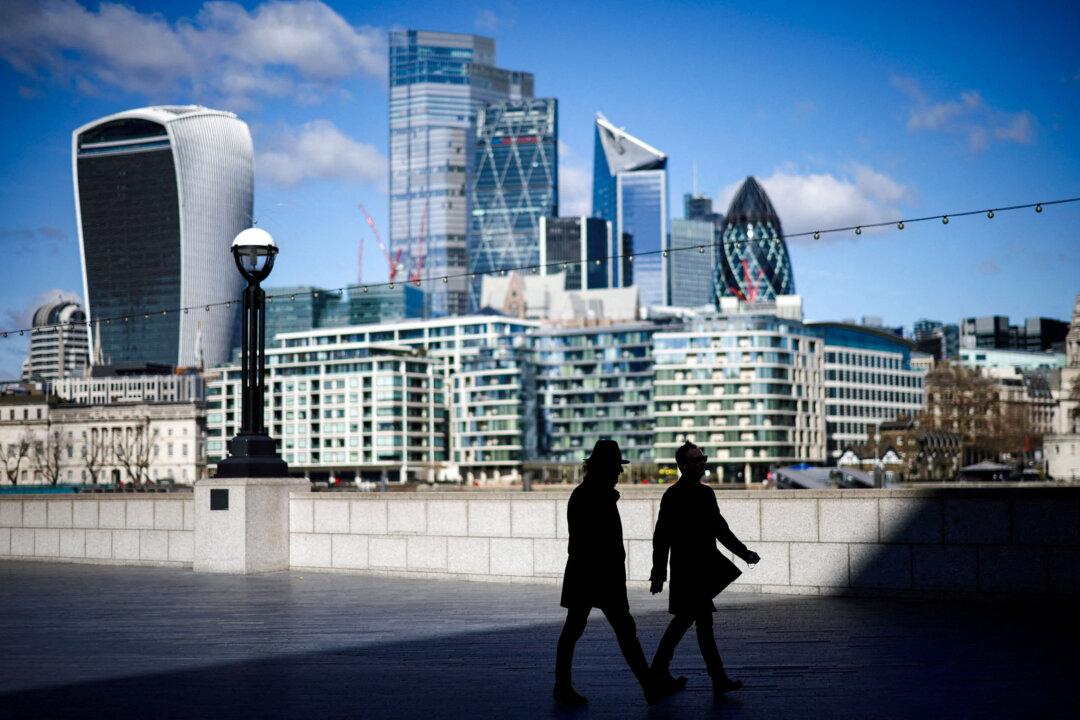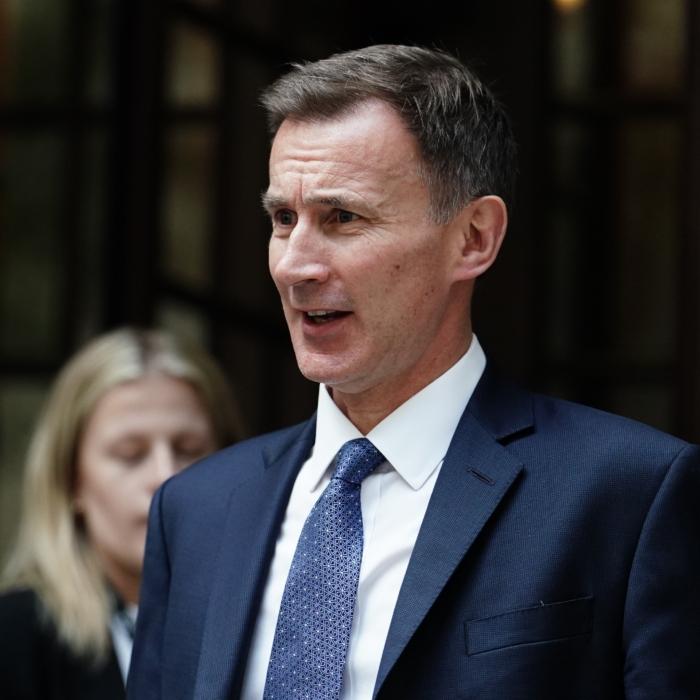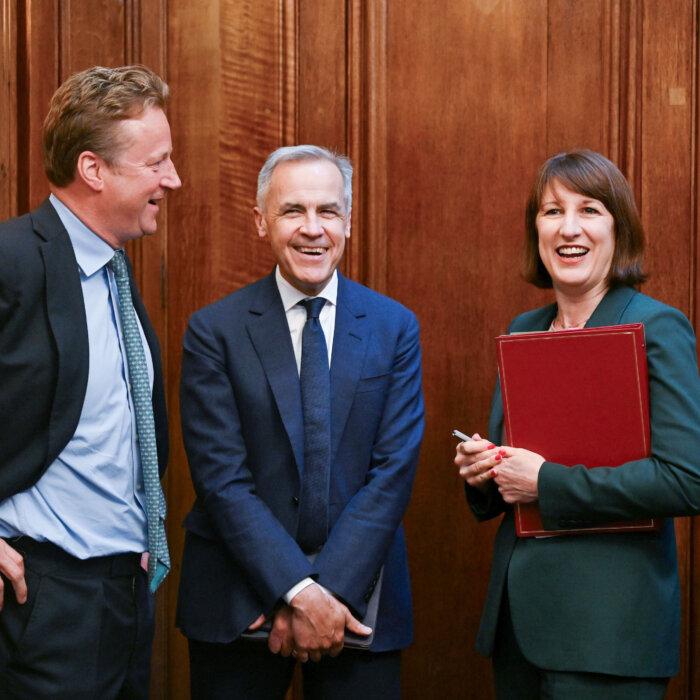The UK economy has bounced back in May, with growth reported across services, retail and construction, according to the Office of National Statistics (ONS).
All three main sectors—services, production and construction—contributed positively to GDP growth in May. Services were up by 0.3 percent, while production and construction output also increased by 0.2 percent and 1.9 percent, respectively.
“When considering growth to May 2023, it is worth noting that there was an additional bank holiday for the coronation of King Charles III,” the ONS said.
The timing of bank holidays affects the number of trading days and can impact GDP estimates, reported by statisticians.
ONS said that economic growth was recorded across the past three months as a whole.
Liz McKeown, director of economic statistics at the ONS, said the increase was at its quickest pace for over two years. It was partially offset by the weaker long-term performance from construction.
Monthly Growth
In services, May saw positive contributions from wholesale and retail trade and professional, scientific and technical activities. Accommodation and food service activities also saw growth on the month, up by 2.4 percent.“Many retailers and wholesalers had a good month, with both bouncing back from a weak April,” said Ms. McKeown.
The largest negative contribution to services growth came from information and communication, down 1.4 percent, compared to 2.8 percent in April.
Manufacturing boosted the output in production in May, with a recorded growth of 0.4 percent. This was led by food and drinks firms.
In construction, the economy saw growth of 1.9 percent, coming from increases in both new work and repair and maintenance.
Construction grew at its fastest rate in almost a year after recent weakness, with house building and infrastructure projects boosting the industry.
Chancellor Rachel Reeves said the Labour is “already taking the tough decision to deliver growth and fix the foundations of our economy.”
“Delivering economic growth is now our national mission. There is no time to waste,” she said on Thursday.
Months Ahead
Next month, the Bank of England’s Monetary Policy Committee (MPC) will meet to set the interest rate, currently at 5.25 percent. Economists are expecting the MPC to lower the rate down to 5 percent.Commenting on May GDP figures, the chief UK economist at Pantheon Macroeconomics, Rob Wood, said that the economy has recovered from the technical recession it entered at the end of last year.
“The UK economy is well and truly putting last year’s minor recession behind it. GDP has risen 1.5 percent so far this year, and three-month-on-three-month growth reached the highest since January 2022,” said Mr. Wood.
He cautioned, however, that the growth numbers “feel a bit too good to be true.”
“They are much stronger than business surveys—so we assume some payback in June,” Mr. Wood said.







